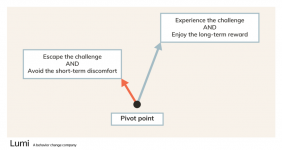20 Signs You Are Too Self-Critical
If you analyze mistakes past the point of learning something valuable, then you're probably punishing yourself unnecessarily.
If you analyze mistakes past the point of learning something valuable, then you're probably punishing yourself unnecessarily.



